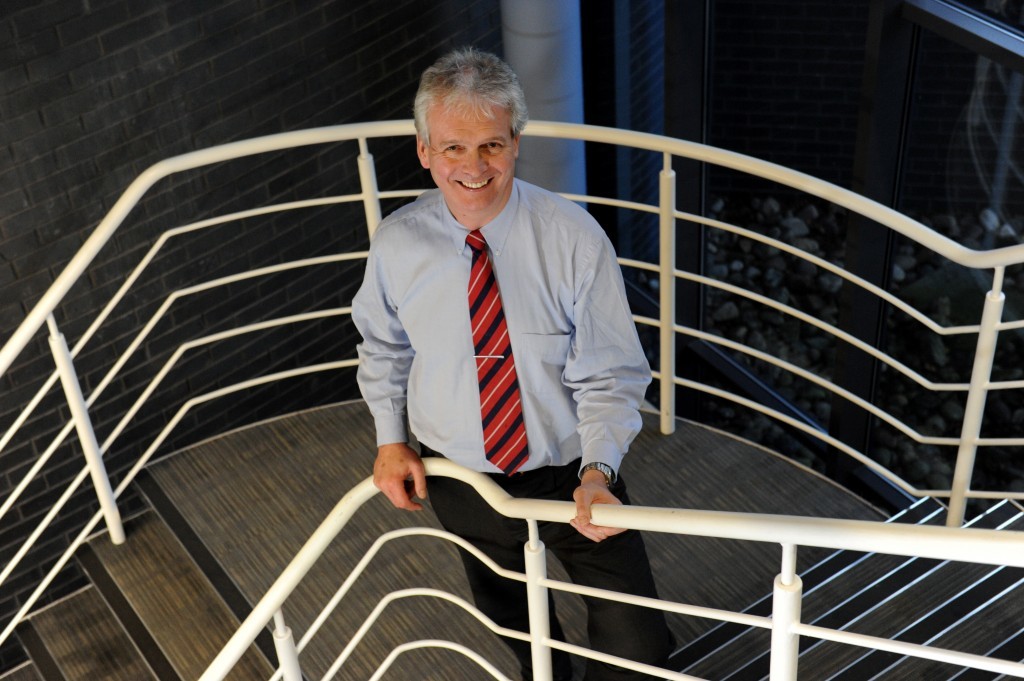
The body that connects oil and gas firms with university researchers have backed four new projects with £230,000 of funding.
The Oil & Gas Innovation Centre (Ogic) signed its thirty-first project agreement, which will see the development of a system which will allow heat from subsea pipelines to be converted to electrical power.
The project is one of four that have recently been agreed that will see companies developing innovative technology with direct applications across the oil and gas industry.
Ellon-based Exnics will work with Heriot-Watt University to develop a thermoelectric generator (TEG) to support its “Hot Rings”, system which works to harness the heat from subsea pipelines and convert it into DC electrical power.
A bespoke TEG will be developed which will improve the performance of the product in future deployment and will increase the range of applications where power from waste heat can be used.
In the second project, textiles firm Iron Ocean is developing a garment to improve the chances of survival in the event of offshore workers being submerged in the sea.
The company, founded by former oil and gas worker Simon Lamont, came up with the idea in direct response to helicopter ditchings in the North Sea in 2009, which resulted in loss of life.
The compression fit garment will be designed to be worn under current offshore survival suits and would improve heat retention, be slash resistant, generate heat and resist fire. A coating will be designed to produce a thermal reaction to provide warmth to the wearer with the reaction lasting at least one hour.
Iron Ocean will work with Heriot-Watt University’s School of Textiles and Design to construct a prototype which will be tested, certified and ready for use by industry within a year.
The third project will see two firms, Core Specialist Services (CSS) and Hydrophilic AS, working with the University of Strathclyde to develop a pressure probe that will enable the estimation of the depth to the oil/water contact without drilling through it. The knowledge of the oil/water contact is crucially important for volume and value assessment of any hydrocarbon discovery. CSS is working with the University of Strathclyde on proof of concept, which will then allow the next stages of development to be completed with the development of a functioning tool.
In the fourth project, Westhill-based Subsea Deployment Systems will work with the University of Strathclyde to develop a system for installing large subsea structures without a heavy lift vessel. The Subsea Deployment System (SDS) will allow small crane vessels to install large structures in hostile environments. This will reduce the cost, extend the operating window, improve safety and reduce the environmental impact of subsea installation operations.
Ian Phillips, chief executive of Ogic, said: “The confirmation of our thirty-first project is testament to the industry’s willingness to seek innovative solutions to the challenges currently being faced by companies operating in the UKCS.
“Our four most recent projects all focus on very different aspects of the industry but each has the potential to have a major impact on offshore operations.
“The Exnics project is an example of where further research is being done to enhance new technology, which is already being tested on the market. This technology has the potential to offer cost reductions to companies and a number of operators have already noted interest in the technology.
“The Iron Ocean project has the potential to improve health and safety in the industry and save lives.
“The research being carried out by CSS will improve exploration in the North Sea and could result in the development of fields which might otherwise have been considered uneconomical.
“Finally, the development of the SDS system will reduce the cost of the installation of subsea structures and allow the work, which historically is done by international companies, to be completed by a Scottish company,” said Mr Phillips.
Ogic is an innovation support organisation that helps companies to access research and development capability within Scotland’s university community.
By matching companies with the appropriate academic partners and co-funding projects, OGIC accelerates innovation to address the oil and gas industry’s exploration, production and decommissioning challenges.
To date, Ogic has co-funded 31 projects valued at almost £2million and is currently progressing more than 50 others.
Recommended for you

